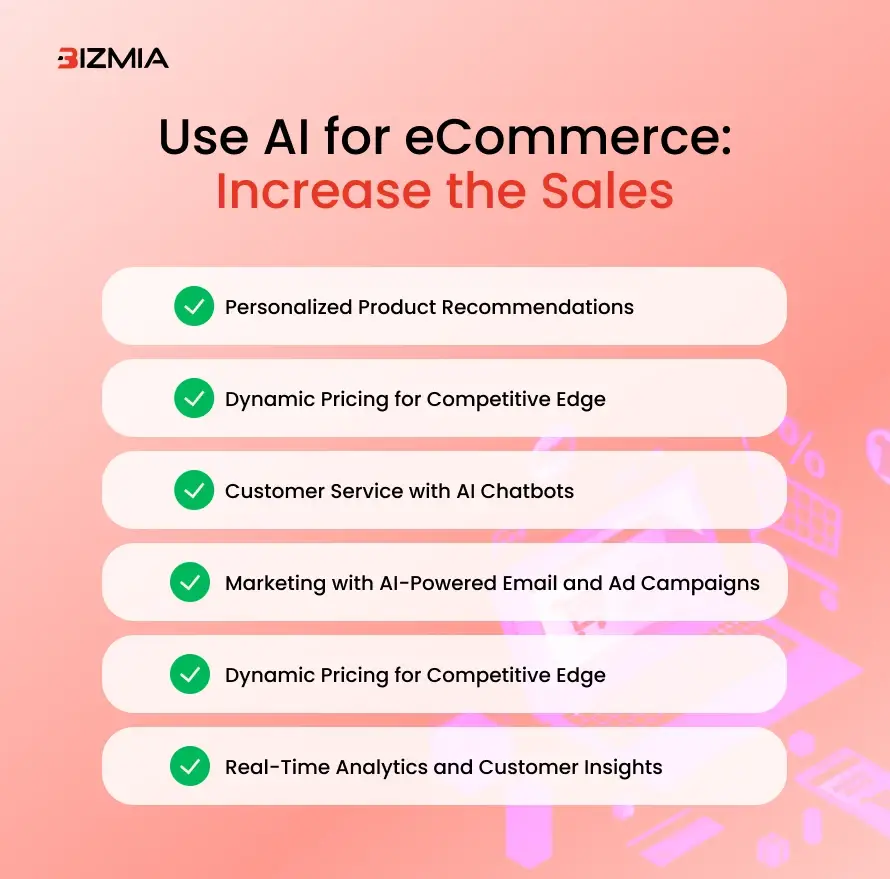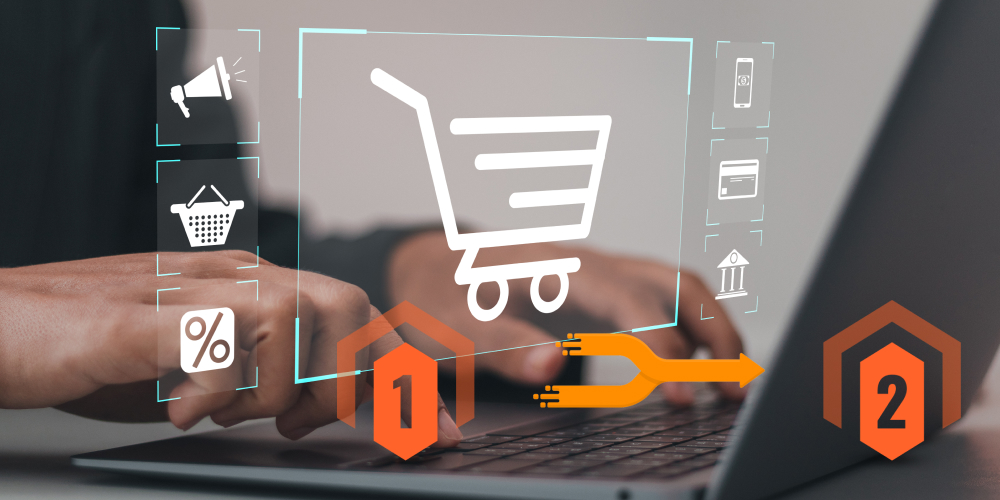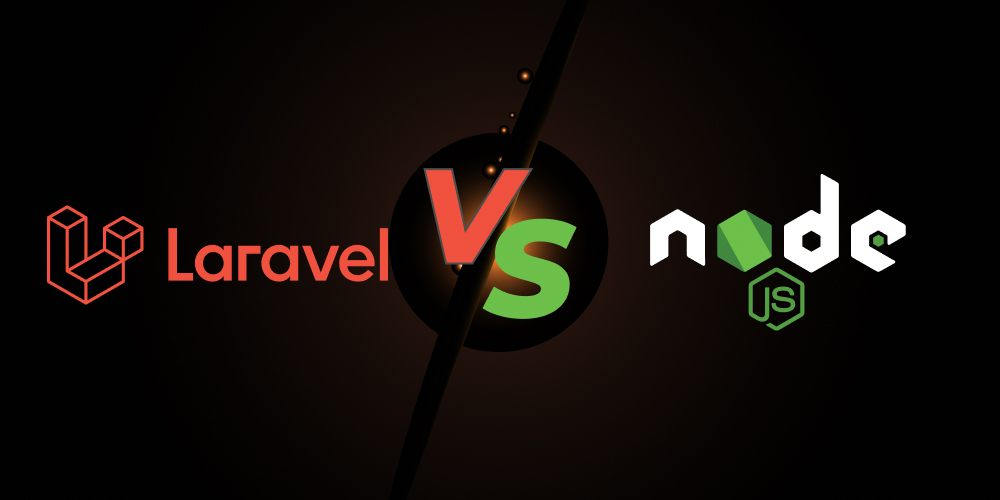According to a recent study from McKinsey, incorporating AI into eCommerce has improved 15% of sales and customer retention. In this growing eCommerce world, the latest trends and technologies are not behind. Merchants are continuously improving their online stores with trends by understanding customer behaviors. However, regarding technology, such as AI for eCommerce, merchants can become smarter and boost sales.
This holiday season, AI is once again king of the game. In this blog, we focus on the key strategies to increase sales. Let’s get started.
Why AI for eCommerce During the Holidays?
AI for eCommerce business has proven to be successful in holidays. As the audience and customers are fully ready to increase their shopping experiences, holidays are a great source of income. However, for merchants and online business owners, handling an increased surge in traffic can be challenging. For that, AI comes into play by enabling them to leverage its automated features, chatbots, recommendations, automated emails, and more.

Let’s know how artificial intelligence technology (AI) can be used to increase sales this holiday season.
Personalized Product Recommendations
On any holiday season, upselling and cross-selling are the two primary sources of increasing sales through a customer. If done right, you can boost your sales dramatically. For this, you must understand the customer preferences and how AI technology can help in setting up personalized recommendations. For example, when a customer visits the website or store, the AI-powered recommendations can show “Customers who bought this also bought…” or “Recommended for you” widgets.
This helps get personalized recommendations based on the customer’s recent purchases or the products a buyer recently reviewed.
Dynamic Pricing for Competitive Edge
Pricing in the world of eCommerce is a real factor that can either break or make your customers. Therefore, it should be done smartly. The role of AI in analyzing, determining, and setting prices goes a long way. With the help of AI technology, you can analyze market trends, competitor pricing, and customer preferences – as this further helps in adjusting prices. AI in eCommerce for setting prices can help you set prices that are balanced and also ensure a good profit-margin ratio.
By using artificial intelligence technology, you can determine dynamic pricing that gives you a competitive edge, boost sales, and earn a good ROI.
Customer Service with AI Chatbots
When there is high traffic on your page, website, or store AI chatbots can be a great solution. For your business to always be successful, you must have great customer support so that they feel heard, and no bad impression is developed. AI chatbots are trained and have the ability to manage common queries, provide product information, guide purchasing decisions, and much more.
In the growing eCommerce business, AI chatbots have become a necessity. In this holiday season, you can focus on core tasks while AI chatbots manage the custom service seamlessly. However, for sensitive tickets, AI chatbots can handle the preliminary support, and after that agents can look into them for customized solutions.
Inventory and Demand Forecasting
Inventory management and demand forecasting through AI has changed the eCommerce dynamics. By understanding trends and customer behaviors, AI helps in predicting which items will be in demand and which will not be in order to optimize inventory levels.
If merchants start doing it manually, then it costs time and effort along with possible human errors. However, AI in eCommerce for inventory and demand forecasting offers multiple benefits such as reduced stockouts and overstocks, lower storage costs, and meeting demand during holiday spikes. AI platforms that specialize in inventory forecasting include Cogsy, Bucey AI, Monocle AI, and Logistified.
With Shopify eCommerce development services, you can easily integrate AI for smartly managed inventory and demand forecasting.
Enhanced Marketing with AI-Powered Email and Ad Campaigns
Now, almost every tool is powered by artificial intelligence technology and marketing is not short of any. In the holidays season, merchants need to reach out to their customers, visitors, or potential buyers through emails to offer discounts, promo codes, bundle packages, and much more. Therefore, by using AI, merchants can save their time, be smarter, and send personalized AI-powered marketing and ad campaigns. AI also helps in segmenting customers based on preferences, purchase history, and browsing patterns.
During the holiday season, merchants need to reach out to their customers, visitors, or potential buyers through emails to offer discounts, promo codes, and much more. Leveraging AI for marketing strategies, especially on social media in eCommerce, can help expand the reach and drive sales effectively.
Real-Time Analytics and Customer Insights
Having real-time analytics and customer insights can help you optimize your marketing strategy. With AI-powered analytics, eCommerce businesses can easily understand customer behavior and further use AI analytics to AI analytics to adjust strategies on the fly during the holiday rush. The key metrics like conversion rates, cart abandonment rates, among others can help track customers and optimize your future efforts.
Conclusion
AI in eCommerce has become one of the growing trends. Merchants and buyers simultaneously understand the importance of leveraging AI when it comes to growing your eCommerce business and providing seamless experience to your users. If you are an eCommerce merchant, then using AI is essential for the number gf benefits it offers. The best strategy is to hire AI engineer who can help you implement AI seamlessly and take your business to new heights.
Hire AI Engineer
Hire AI engineer from 1% of our top tech talent who are not only skilled but also have hands-on experience with eCommerce stores. Grow your store with us by scheduling a meeting and talking to our experts.
Frequently Asked Questions
1. How does AI personalize shopping experiences for eCommerce?
AI personalizes eCommerce by analyzing customer data—like browsing history, purchase behavior, and preferences—to recommend products tailored to each shopper. For instance, AI can suggest similar items, offer personalized discounts, or optimize search results to fit individual tastes. This customization makes shopping more engaging and boosts the chances of conversions.
2. Can AI help reduce cart abandonment in eCommerce?
Yes! AI uses data-driven insights to understand why customers abandon carts. It then enables features like personalized reminders, targeted discounts, and automated follow-up emails. AI also optimizes checkout processes, making them smoother to prevent customers from dropping off due to complicated steps or lack of payment options.
3. What are some ways AI can increase eCommerce sales?
AI increases sales by recommending relevant products, enhancing customer service through chatbots, and providing dynamic pricing. AI-powered tools analyze real-time demand, inventory, and competition to adjust prices optimally. Additionally, AI can target high-intent customers with timely offers, making it easier to convert visitors into buyers.
4. Is AI beneficial for customer support in eCommerce?
Absolutely! AI-driven chatbots offer 24/7 customer support, answering common queries instantly, and handling order tracking or product recommendations. These chatbots free up human support for complex issues, ensuring faster responses and reducing wait times. By delivering quick support, AI can enhance customer satisfaction and loyalty.
5. How does AI impact inventory management for online stores?
AI helps optimize inventory by predicting demand based on past trends, seasonal fluctuations, and other variables. This proactive approach reduces overstocking or stockouts, ensuring that popular items are available and lowering excess inventory costs. AI-driven inventory management saves costs while improving customer satisfaction.
6. Are there privacy concerns with AI in eCommerce?
Yes, since AI requires user data to function, privacy is a concern. However, responsible eCommerce platforms use AI while following data protection regulations like GDPR. By being transparent and allowing customers to control their data preferences, companies can address privacy concerns while still providing personalized experiences.












